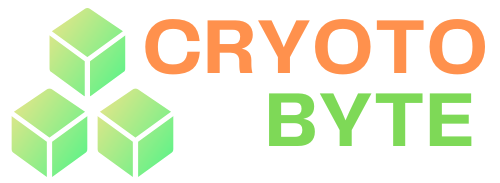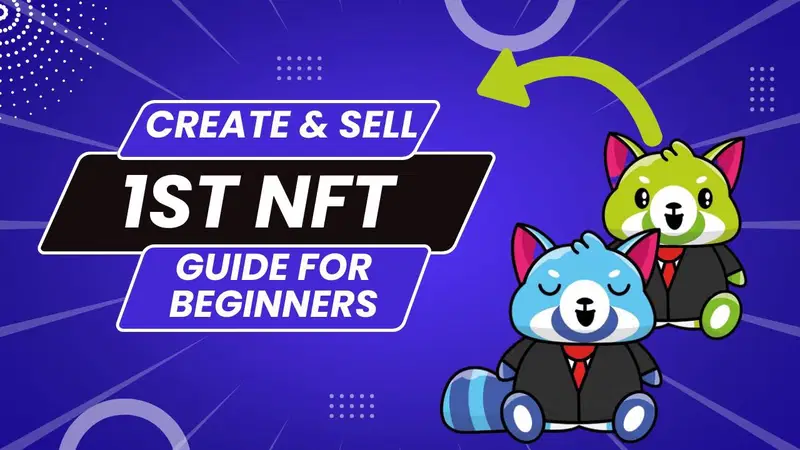Introduction
Non-fungible tokens, or NFTs, have taken the digital world by storm, becoming a popular asset class for artists, gamers, and investors alike. Whether you’re looking to own unique digital art, collectibles, or assets in virtual worlds, NFTs offer exciting opportunities. But diving into the NFT space without a strategy can be overwhelming, especially for beginners. In this guide, we’ll break down the top NFT strategies to help you navigate this fascinating ecosystem with confidence.
Understanding the NFT Ecosystem
How NFTs Work: Blockchain Basics
At their core, NFTs are digital assets stored on a blockchain—a decentralized ledger that records ownership and transactions. Each NFT is unique and cannot be replicated, making them ideal for representing ownership of digital art, music, videos, or virtual items. Ethereum is the most common blockchain for NFTs, but others like Solana and Polygon are gaining traction.
Types of NFTs: Art, Gaming, and More
NFTs span various categories, from digital artwork and profile pictures (PFPs) to gaming assets, domain names, and even virtual real estate. Understanding the type of NFT you’re investing in is crucial because each category has its own market dynamics and value drivers.
Essential Strategies for NFT Beginners
Research Before You Invest
Knowledge is your best asset when entering the NFT market. Start by researching popular collections, understanding blockchain technology, and learning about the communities surrounding NFTs. Platforms like OpenSea and Rarible can help you explore trending collections, while tools like Nansen provide insights into NFT trends.
Diversify Your NFT Portfolio
Just like traditional investments, diversification can help minimize risks in the NFT space. Instead of putting all your funds into one project, spread your investments across different types of NFTs or collections. This approach increases your chances of securing a profitable asset while reducing overall risk.
Choosing the Right NFT Projects
Factors to Consider: Team, Utility, and Community
The success of an NFT often hinges on three factors: the team behind the project, the utility of the NFT, and the strength of its community. Research the creators and developers to ensure they have a credible track record. Additionally, prioritize NFTs that offer real-world utility, like access to exclusive content or events, over those that rely solely on hype.
Avoiding Scams and Red Flags
The NFT market is rife with scams and counterfeit projects. Be cautious of deals that seem too good to be true, anonymous teams, and poorly designed websites. Always verify the authenticity of an NFT through the marketplace and double-check for any plagiarism or copyright issues.
Buying NFTs Like a Pro
Best Platforms for Beginners
OpenSea, Rarible, and Magic Eden are great starting points for beginners. These platforms are user-friendly, offer a wide range of NFTs, and have strong reputations. Consider exploring other niche platforms as you gain experience.
Understanding Minting and Secondary Markets
Minting involves purchasing an NFT directly during its initial release, often at a lower price. However, competition can be fierce during popular drops. Alternatively, secondary markets allow you to buy NFTs from other collectors, but prices are usually higher. Timing and research are key in both cases.
Selling NFTs Wisely
How to Price Your NFT
When setting a price for your NFT, consider factors like rarity, demand, and recent sales of similar items. Avoid pricing your NFT too high initially, as it may deter buyers.
Knowing When to Sell
Timing is everything in the NFT market. Keep an eye on market trends, community activity, and news that could impact the value of your NFT. Selling during periods of high demand or hype often yields the best returns.
Setting a Budget
Invest only what you can afford to lose. The NFT market is speculative and can be highly volatile, so setting a clear budget will help you manage risks effectively.
Managing Volatility
NFT prices can skyrocket or plummet within hours. To mitigate losses, diversify your investments and avoid over-leveraging your funds in a single asset.
Analytics Platforms to Track NFT Trends
Tools like Nansen, CryptoSlam, and Rarity Sniper provide valuable insights into NFT trends, rarity, and sales history. Using these tools can help you make informed decisions about buying and selling.
Staying Updated with News and Communities
Join NFT communities on Discord, Twitter, and Reddit to stay informed about the latest projects and market trends. Networking with other enthusiasts can also help you discover valuable opportunities.
Benefits of Holding NFTs
Some NFTs gain value over time, especially those tied to established artists or innovative projects. Holding onto such NFTs can result in significant long-term gains.
The Art of Flipping for Quick Gains
Flipping involves buying NFTs at a low price and selling them quickly for a profit. While this strategy can be lucrative, it requires careful timing and market awareness.
Ownership and Copyright Issues
Owning an NFT doesn’t always grant you copyright over the asset. Be aware of the licensing terms associated with your purchase to avoid potential disputes.
Avoiding Plagiarized or Unethical NFTs
Always verify the originality of an NFT. Avoid purchasing assets that infringe on copyrights or come from questionable sources, as this can harm your reputation and investments.
Conclusion
Navigating the NFT market as a beginner can be daunting, but with the right strategies and tools, you can make informed decisions and reduce risks. Research thoroughly, diversify your investments, and stay updated on market trends to maximize your chances of success. Remember, patience and preparation are key to thriving in the ever-evolving world of NFTs.
FAQs
How Much Should Beginners Invest in NFTs?
Start small and only invest what you can afford to lose. A budget of $100-$500 is reasonable for beginners exploring the NFT space.
What Are the Best NFT Platforms for Beginners?
Platforms like OpenSea, Rarible, and Magic Eden are beginner-friendly and offer a wide range of NFTs.
Are NFTs Risky for New Investors?
Yes, NFTs are speculative and volatile. Beginners should be cautious and research thoroughly before investing.
Can NFTs Be a Long-Term Investment?
Yes, some NFTs appreciate significantly over time, especially those tied to established artists or groundbreaking projects.

